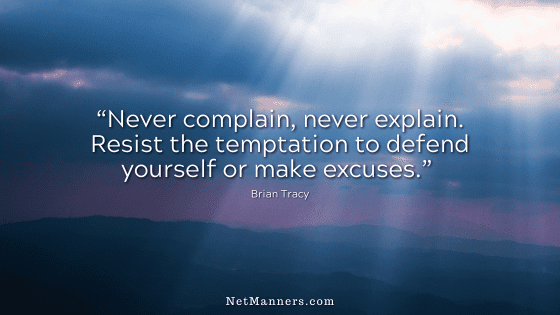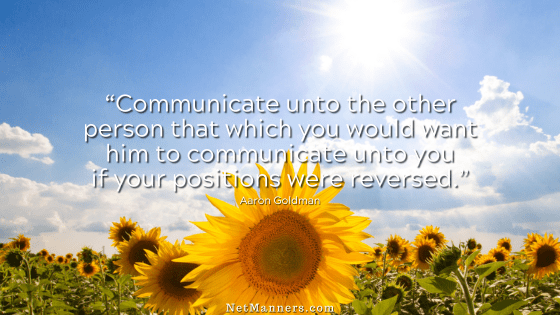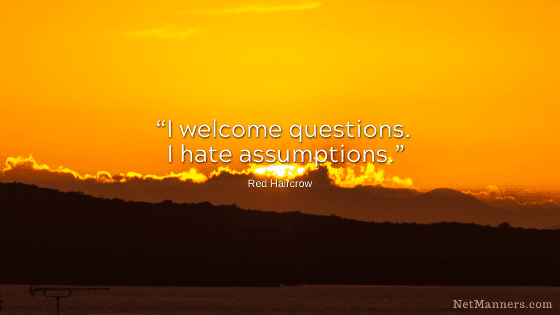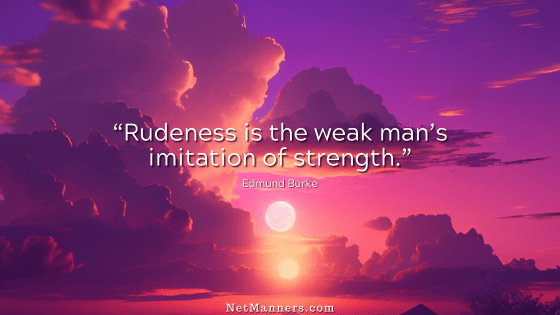How do I know if I’m being blown off?
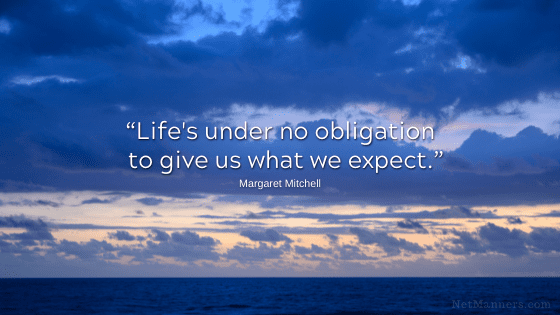
How much time should go by before you assume you’ve been “blown off” by an email contact? The next question is when (or if) you should send another message. Next, how many follow-up messages are too much?
That depends on the contact and the situation.
I have to remind myself that some online users do not check email every day or all day, as I do. I’ve had folks reply a week later. Knowing your contacts’ general habits can help determine if they are blowing you off.
When it comes to new contacts you don’t have as much experience with, that’s where you do not want to assume. You don’t know enough to know what their lack of response indicates.
Are you really being blown off?
Here are your choices:
When you follow up for a response with those you don’t know very well, you should be courteous while mentioning your general concern. Short and sweet works well:
“You okay? Didn’t hear back and just wanted to check-in.”
“Wanted to double-check that my email didn’t land in your spam folder.”
“Hope to hear from you so we can make plans.”
Of course, using a proper greeting and closing.
So the speed of response, while we would appreciate that it be a prompt response, may not happen in our time frame in the real world. Yes, responding promptly is the courteous thing to do. But that’s not always possible for a whole slew of reasons.
Response time will differ from person to person. There is no hard and fast rule time-wise.
Response Time in the Past
If a person generally responds right away and you’ve not heard from them, do a follow-up in a day or two. Send a simple follow-up asking if everything is okay. Let them know you are concerned about not hearing from them and are checking to see if they received your email.
Still haven’t heard back? Again, the relationship with the person you are emailing would dictate the level of concern and your next move. For example, if it’s your Mom and you know she would have been online by now, pick up the phone and see if she’s okay.
However, if you email someone you met on a dating site and they aren’t responding—well, take a hint. If you know that your contact is always online, they are most likely making a point by not responding.
Are you the slow responder?
For you slow responders, taking the time to offer a prompt response is a common courtesy. Email has now been mainstream for decades. Because of this, the anticipation of a fast reply via email is expected. When thinking about email, that goes with quick responses.
However, in our narcissistic culture, many times, both sides are only thinking of themselves. First, the Sender wants a response—now, the Recipient is doing what they wish to, not responding to emails as fast as others would like.
Here’s an opportunity to build relationships by positively using email to encourage or grow them. That is why putting effort into writing eloquently and straightforwardly is a valuable skill.
Set Expectations
If you find contacts are impatient with your response time, let them know you aren’t online as much as they are. Set expectations. Share that you are not intentionally ignoring them or “blowing them off” and do your best to respond when you can.
For example, since I am online during the day during the week, I don’t email on the weekends, not for business reasons, and rarely for personal reasons. Therefore, I communicate that to contacts so they know not to expect a response on the weekends.
That’s why they call it communication. So use your email to communicate your expectations and manage what others can expect from you.


